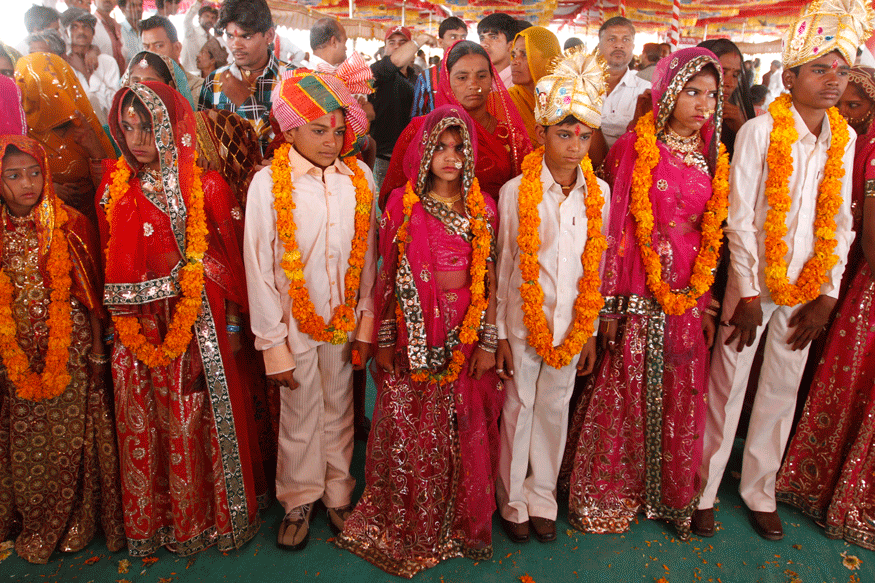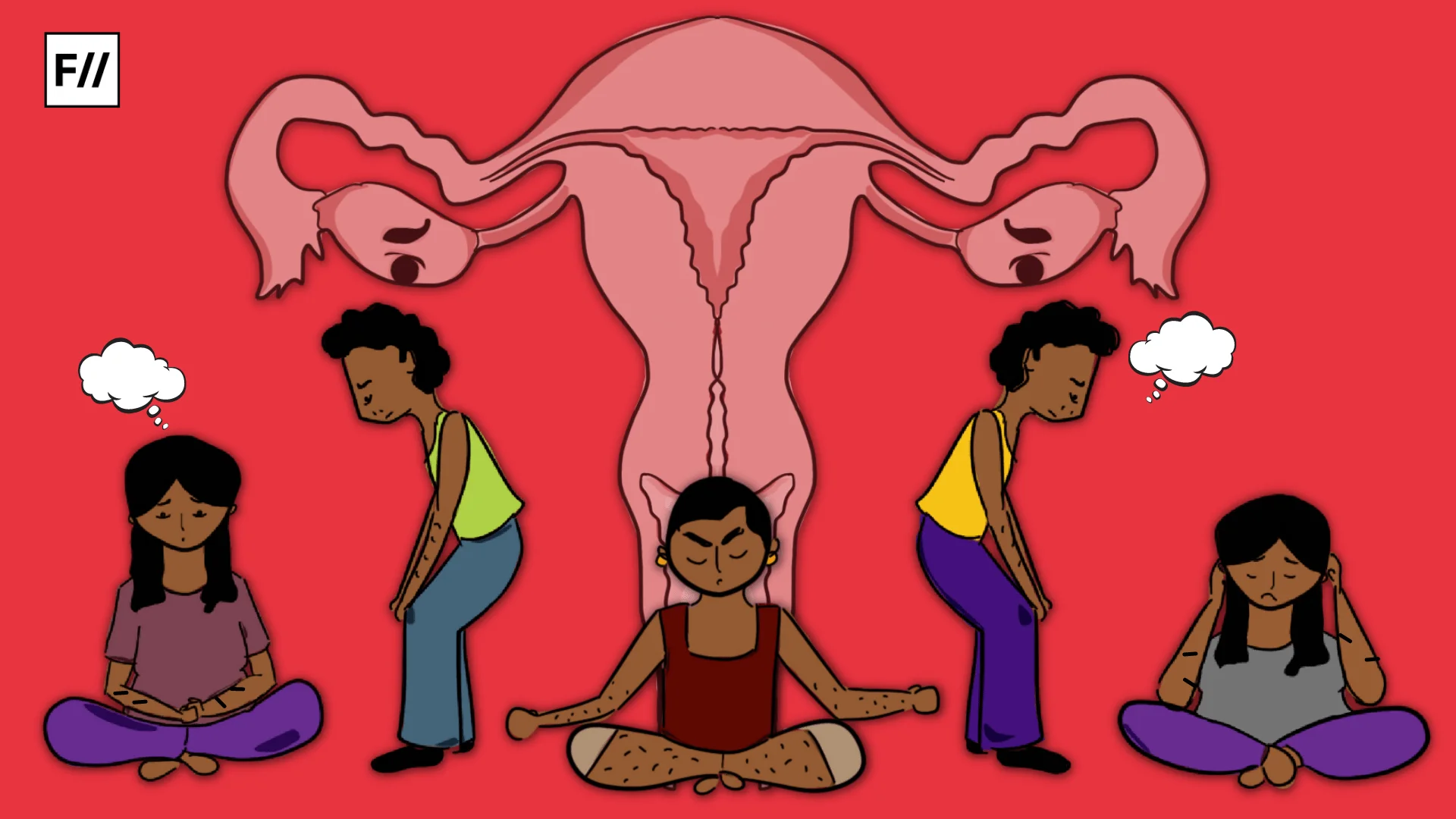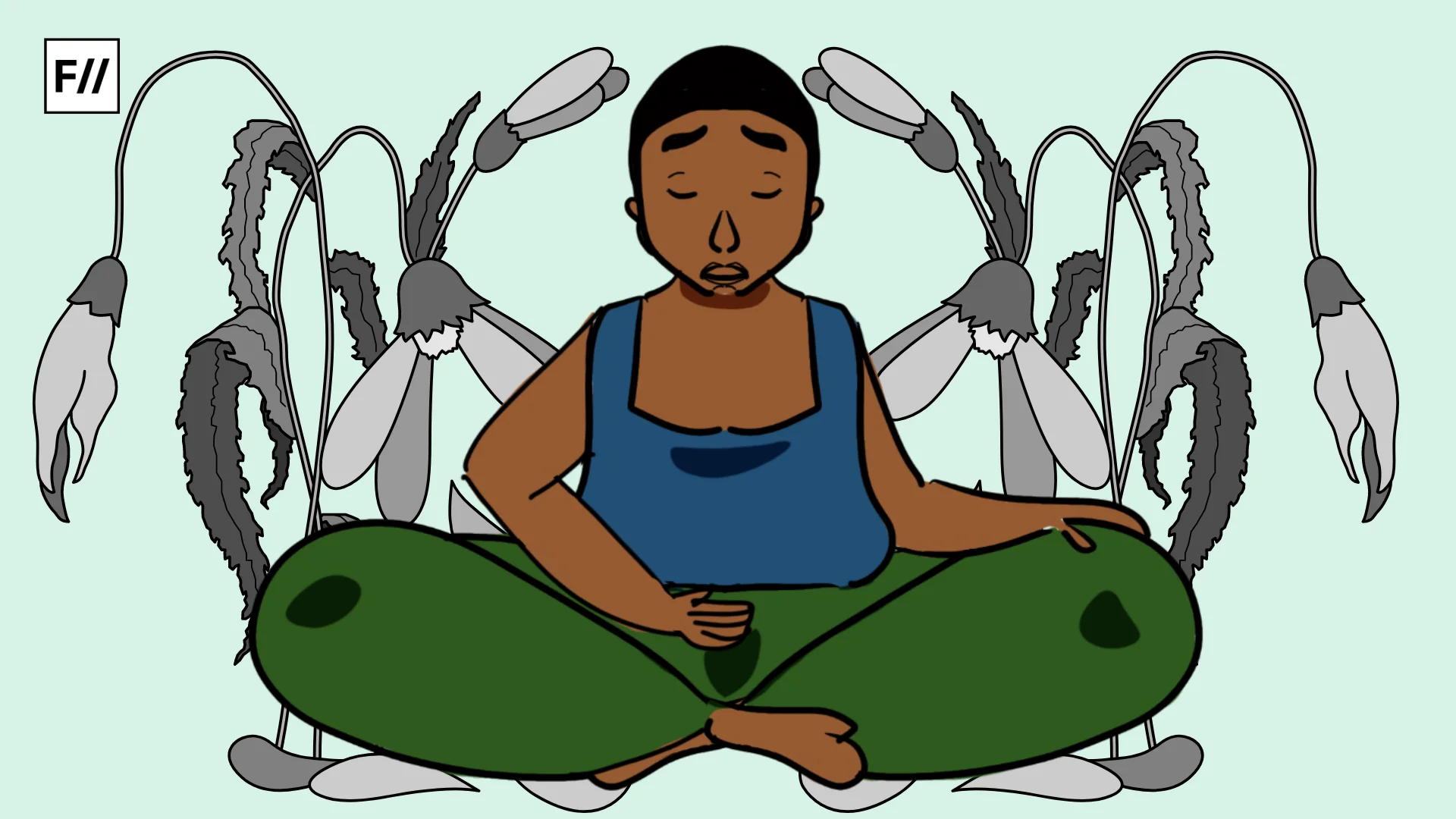A few months ago, I had an eye-opening epiphanic realization about an event that occurred to me about 13 years ago.
Hundreds, if not thousands of girls have their first menstrual experience every day. Every one of these girls’ experiences is likely to be entirely unique from one another. Different communities and cultures respond to this event in vastly differing ways.
For example, in Canada where I’ve lived for the majority of my life, mothers (usually) and in some cases also fathers, will explain with excitement, “You’re a grown up now, here’s how to take care of this every month.” That’s usually the extent of menstruation celebrations.
My own first menstrual experience has remained a marked memory, mostly because of the endearingly bemused and sheer naivety of my response to it. I was in the 3rd grade and 9 years old. That day during recess, I was outside on the playground with my friends enjoying my sweet childhood ignorant bliss. I went down the slide, and as sometimes happens, landed on my behind onto the small pebbles that covered the playground.
Later that day I went to the bathroom and discovered little spots of blood in my underwear. I went to my best friend, quietly explained to her that I think I hurt myself earlier when I fell off the slide, but that I should be fine. Once home I repeated this to my mum, and this is where the memory essentially ends.
I vaguely remember going to gynaecologist probably sometime after that experience. She took a look “down there” and inspected my changing body. I passed with a clean bill of health. I also know my mum called a number of her friends and of course family to pass on the news. That was the extent of the celebration of my first period. In Canada at least.
It’s a declaration that the “nubile young things are available for marriage, and families with sons can come in search of brides”
When I was 10, my parents and I visited India. At my dad’s house one day, as was normal when we visited, lots of our family members had come over too. The women of the family took me to the bathroom without any explanation, where they slathered coconut oil and turmeric on my body and took turns rinsing it off.
They then dressed me to the nines. They garbed me with the traditional South Indian style of a long braid dripping with flowers; I vividly recall how much it weighed my head down. They adorned with as much jewellery as possible and a newly bought set of clothes.
I didn’t know it at the time, but everyone in my family knew what was going on. It was an announcement of my newly acquired reproductive capability! The same day a stranger asked if I was newlywed. Being just 10 years old, I was mortified. At the time I didn’t understand the weight of the question.
Also Read: The “Tradition” Behind Menstrual Taboos | #ThePadEffect
This tradition of publicly declaring and celebrating a girl’s entry into womanhood is primarily a South Indian one. Every family proceeds with this custom in a unique way. In short, with family and friends in attendance, a girl is dressed up like a bride, in some cases is given and wears her first saree, and is given jewellery and money (which very traditionally is in preparation for her would be dowry). Some celebrations are much more extravagant than others. Mine, fortunately, did not go too far, but I now know that my discomfort that day was justified.
A few months ago, the meaning of this custom unexpectedly occurred to me. It’s a declaration that the “nubile young things are available for marriage, and families with sons can come in search of brides”.
I also asked them why they didn’t ask my consent when performing the ‘traditional’ coming of age ceremony. The simple answer is that “it is custom”.
Finally registering that the custom is an announcement of fertility and marriageability, it frustrated me. For one day, the blood that officially marks a woman is celebrated. This same blood apparently makes us “impure” once this day has passed.
Depending on the beliefs of a group, said impurity can disallow a woman from entering places like temples or kitchens, among many other things they could be prevented from doing. These two practices are immensely dissonant.
Some arguments refer to ancient Hindu texts to provide perceived credible explanations for why girls and women are prevented from engaging in certain tasks while menstruating. Certain practices I will oblige, such as taking rest and eating specific diets to counteract the great loss of blood that occurs. However, practices such as preventing women from being in the kitchen or in the temple because it will ‘disrupt energies’ seems a little ridiculous.
Another source of my annoyance comes from the non-adherence to the teachings of my community’s inceptor. One teaching stipulates that menstruating girls and women are not distinct from non-menstruating girls and women, or men. This teaching also being a reason for the creation of our community, to oppose the beliefs of Brahmin instruction.
I have experienced dis-allowance from attending temples on a few occasions. Particularly when I was younger. Since I realized the hypocrisy of this, I have questioned some family members about it. I also asked them why they didn’t ask my consent when performing the ‘traditional’ coming of age ceremony. The simple answer is that “it is custom”. Despite the fact that they are proud of the community they are from, Savarna Hindu customs prevail (a group we are not part of).
Many girls do not have the agency or ability to question such traditions. While it’s frustrating to me that I only figured these things out now, I am thankful that I have had access to the knowledge and the freedom to critically analyze and discuss these supposedly unquestionable customs.
Also read: The Vicious Circle Of Menstrual Taboos
(Perhaps very fortuitously, as I am sitting here editing this piece, a family member of mine is on the phone with another member whose daughter has apparently just achieved puberty at 10 years old! They even discussed the specific time the blood managed to emerge from her body!)
Featured Image Credit: News18.com
About the author(s)
Chandrika, based in Vancouver, Canada but wishing she could be in India, currently works with children and is a previous researcher in community-based participatory research at the Mayo Clinic. While not trying to figure out what's next in life, she can be found watching too much TV and hiding from the cold.




